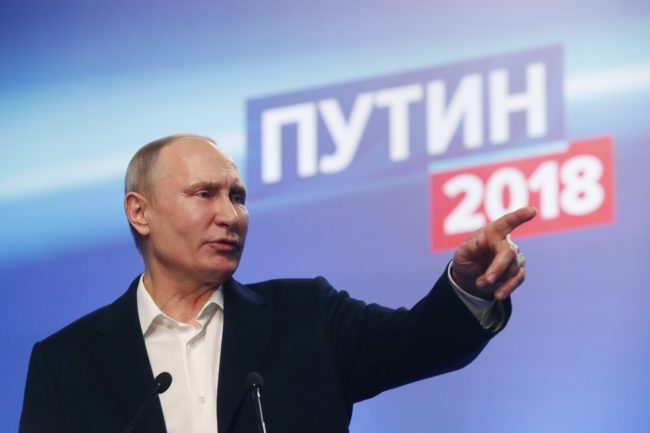Russian gay website banned under propaganda law

(Getty)
A popular LGBT+ Russian website has been banned from the country after it ‘violated’ the gay propaganda law.
According to the country’s media regulator, which is named Roskomnadzor, the website is guilty of disseminating information on non-traditional sexual relations to minors, says The Moscow Times.
The ban notice, which came from a courtroom in Siberia that it “disseminated information that promotes non-traditional sexual relations.”
The letter sent to the company said that the website’s administrators had 24 hours to remove unspecified “information prohibited for distribution in the Russian Federation.”
“If the hosting provider and / or the owner of the site fail to take these measures, it will be decided to include a network address that allows to identify the site on the Internet, containing information that is prohibited in the Russian Federation in the registry, and access to it by telecom operators will be limited,” warned the notice.
“We’ve been with you for 20 years, since September 1997 […] Our website is intended for persons over 18 years of age, whereof it contains an appropriate label,” said a spokesperson for Gay.ru.

Presidential candidate, President Vladimir Putin
Since the legislation came into effect in 2014, the life of LGBT+ Russians has suffered indeterminably.
While a spate of LGBT+ refugees are fleeing the country for fear of their lives, or their children or partners being taken away, they also face employment and education discrimination for their sexuality and identity.
Religious and political hostility are working hand in hand to implement the law and stigmatise LGBT+ people.
In February, a leader of the Russian Orthodox Church has said that the church has the power to “cure” homosexuality through conversion therapy.
The diocesan bishop of the Moscow diocese Metropolitan Hilarion said that the church can make LGBT+ people straight in order to make them “a fully-fledged family man.”
“The pastoral experience of working with people who have homosexual orientation shows that in many cases a person can either completely get rid of it or build his life so that it does not prevent him from being a full-fledged family man,” said the head of the Department for External Church Relations.

